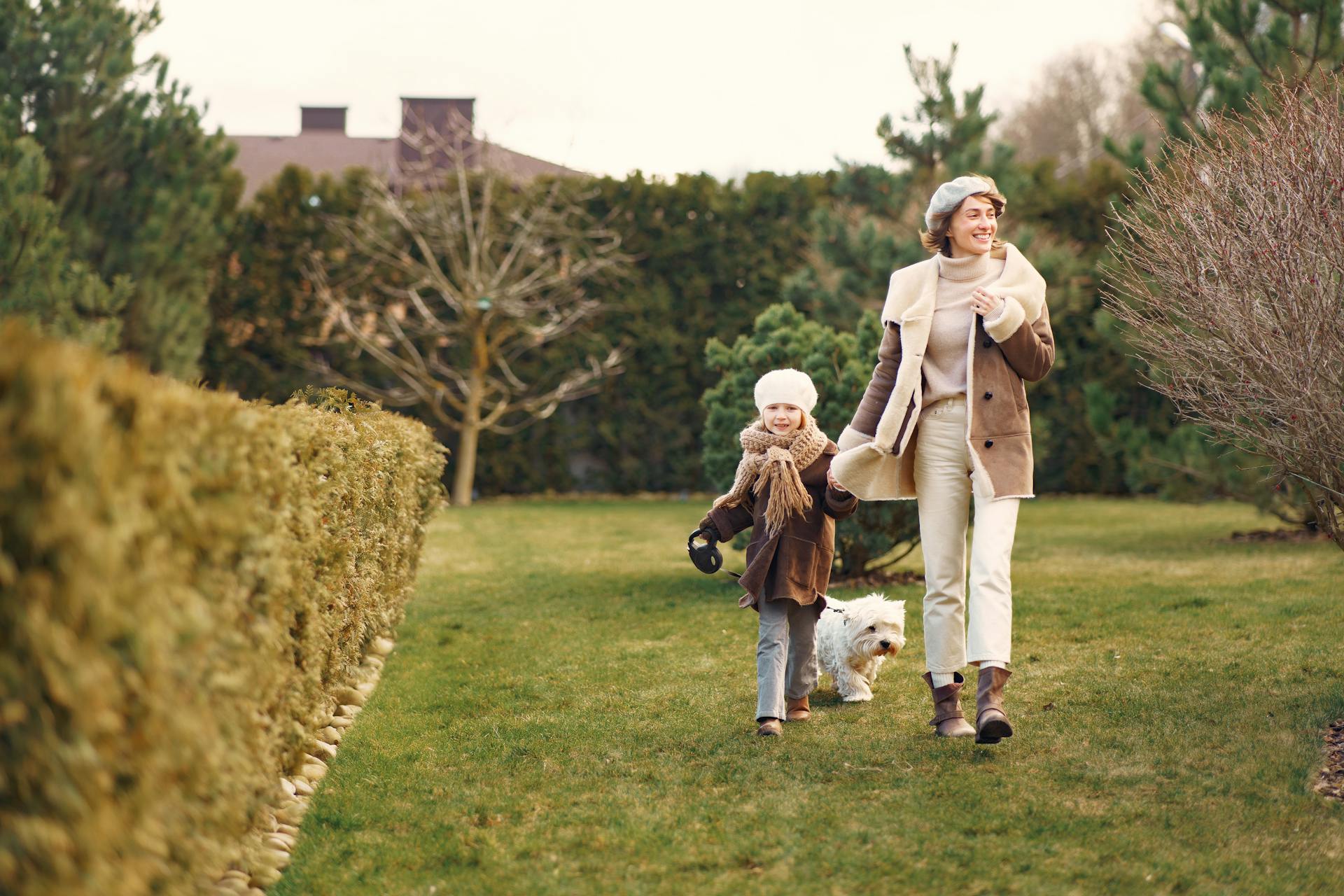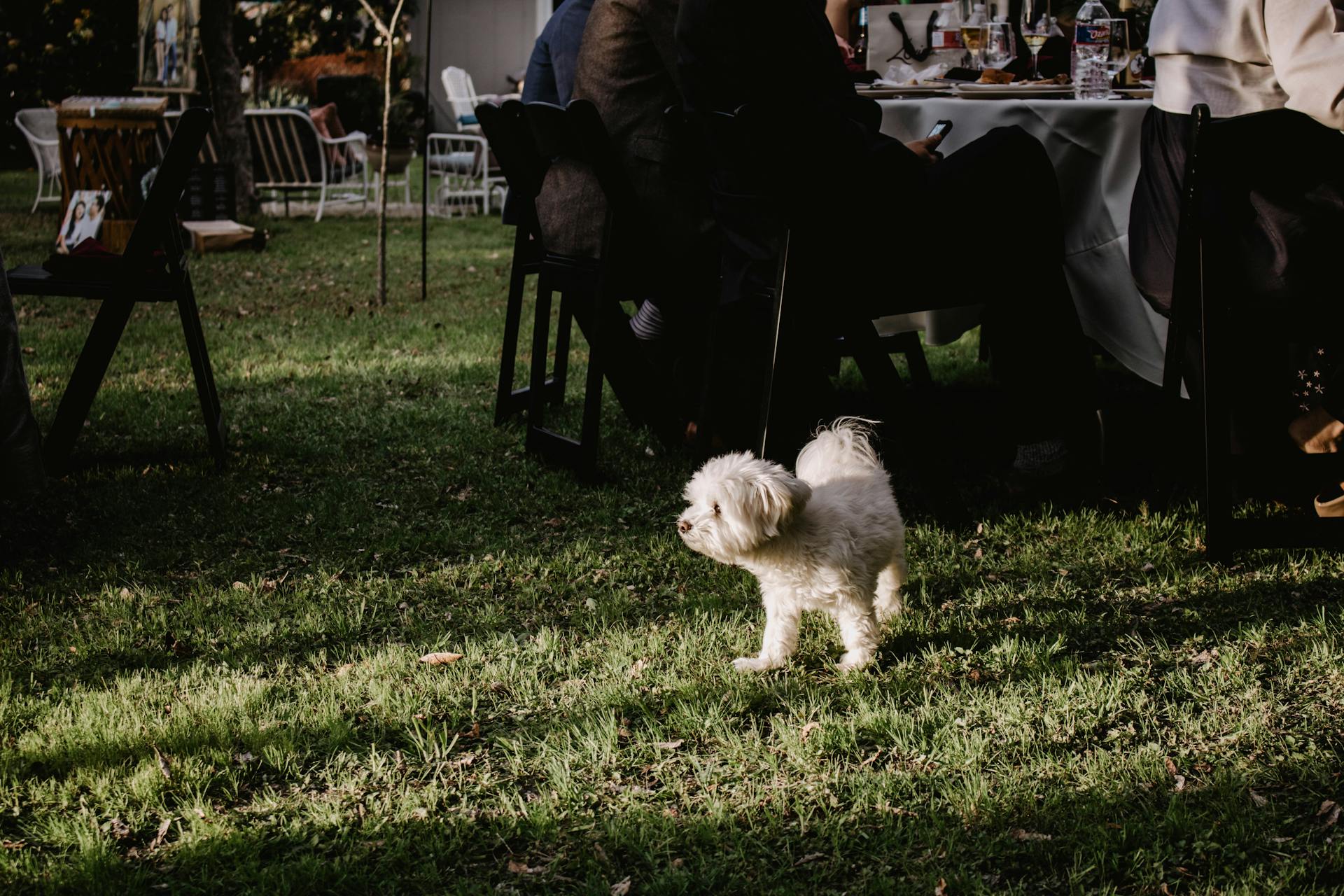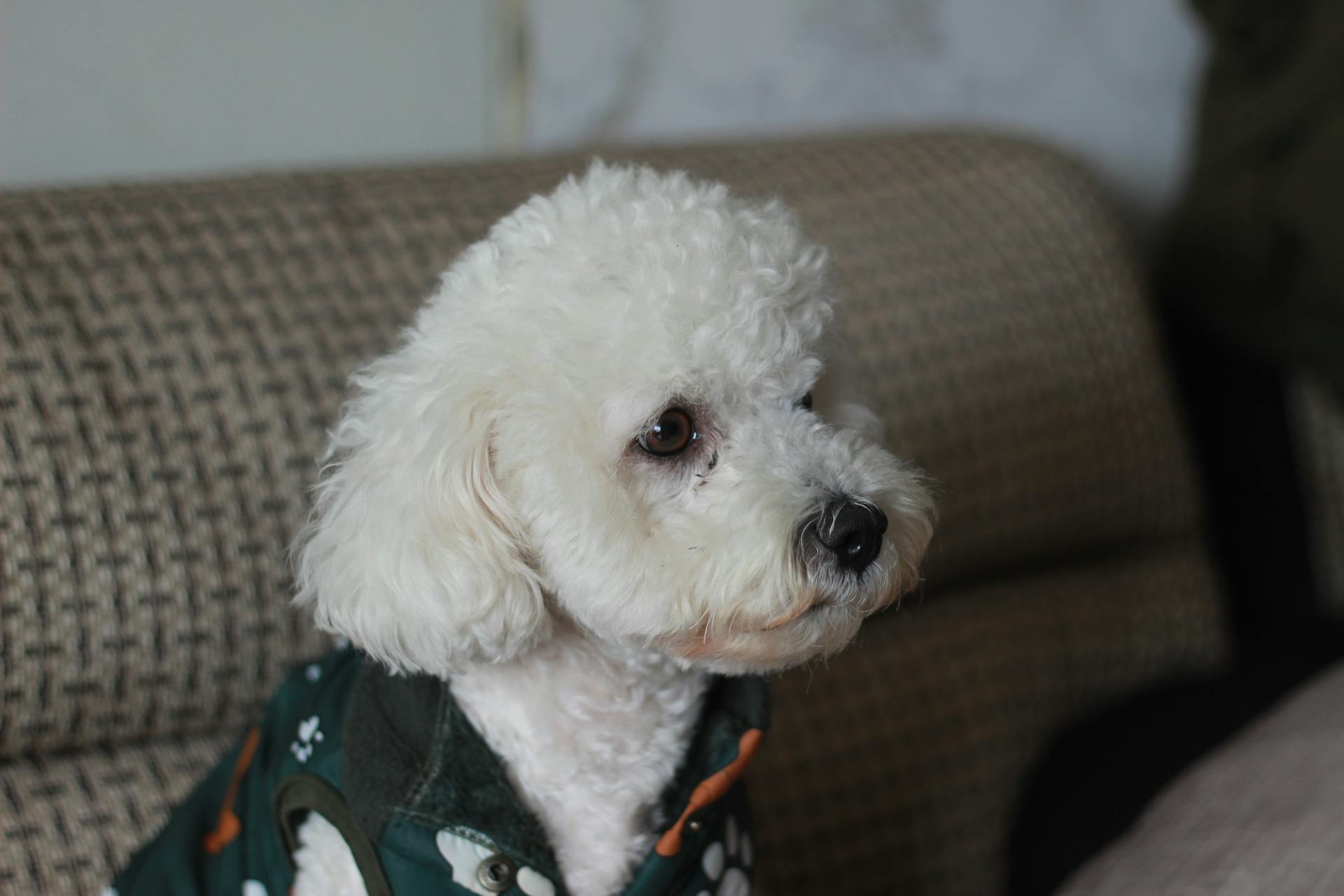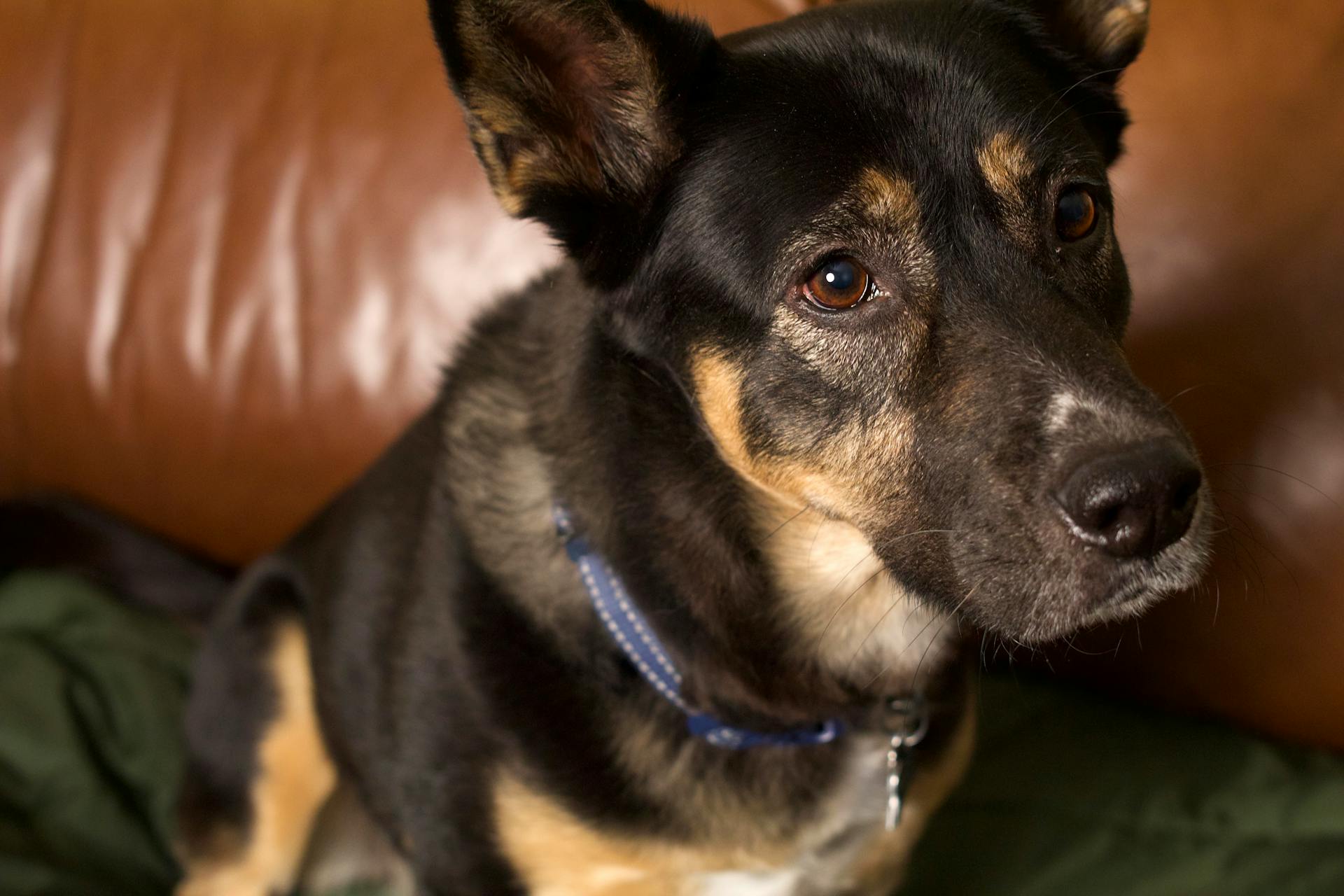
The Bichon Pomeranian mix dog is a unique and charming breed that makes a great companion for many families.
These adorable dogs are a cross between a Bichon Frise and a Pomeranian, resulting in a small, fluffy, and playful pet.
Their small size is one of their most notable characteristics, typically weighing between 7-12 pounds and standing about 10-12 inches tall.
They have a short, easy-to-maintain coat that requires regular grooming to prevent matting and tangling.
Their friendly and outgoing personalities make them a great fit for families with children or for people who want a low-maintenance pet.
Breed Basics
The Bichon Pomeranian mix dog is a delightful companion, and understanding its breed basics is essential to providing the best care. Bichon Frises, the foundation of this mix, originated in the Mediterranean region and were popular with Italian nobility in the 14th century.
They're small dogs, typically weighing between 10 to 20 pounds, and standing around 9.5 to 11.5 inches tall at the shoulder. This makes them ideal for apartment living.
Bichon Frises shed relatively little, making them a great choice for those with allergies. However, they still require regular grooming, brushing, and bathing to maintain their coat's health and avoid matting.
Their temperament is one of their best qualities - they're sociable, cheerful, and love to be at the center of attention. This makes them wonderful family pets that get along well with other dogs and animals.
Here are some key highlights about Bichon Frises that are essential to know:
- Origin: Mediterranean region, popular with Italian nobility in the 14th century
- Size and Appearance: Small, typically weighing 10-20 pounds, and standing 9.5-11.5 inches tall
- Grooming: Require regular grooming, brushing, and bathing
- Temperament: Sociable, cheerful, and love to be at the center of attention
- Health: Generally healthy, living 12-15 years, but prone to allergies, bladder problems, and dental diseases
- Exercise and Training: Don't require a lot of exercise, but enjoy regular, active playtimes and respond well to training
- Living Conditions: Ideal for apartment living, but dislike being left alone for long periods
Care and Maintenance
The Bichon Pomeranian mix dog's care and maintenance is a crucial aspect of its overall health and happiness.
Their coats can vary in type, but they all require daily brushing to prevent matting and snarls.
You'll need to brush out their coat daily, and bathing will help reduce shedding if they have a Pom-like coat.
If they have a Bichon-type coat, it will need to be trimmed regularly as this coat type grows like human hair.
Activity Level
The Bichon Mix is a relatively low-maintenance dog when it comes to exercise needs.
They can take on traits from one parent or a combination of traits from both parents, which means their activity level can vary depending on the other breed they're crossed with.
Since they can inherit the calm nature of a Bichon Frise, they might not require as much exercise as some other breeds.
However, if they inherit the energetic traits of the other parent breed, they might need more physical and mental stimulation to prevent boredom and destructive behavior.
In general, a daily walk and some playtime should suffice, but it's essential to consider the specific needs of your Bichon Mix based on their individual personality and breed background.
Life Span
The life span of your device or equipment is a crucial aspect of its overall performance and longevity. On average, a well-maintained device can last up to 5 years.
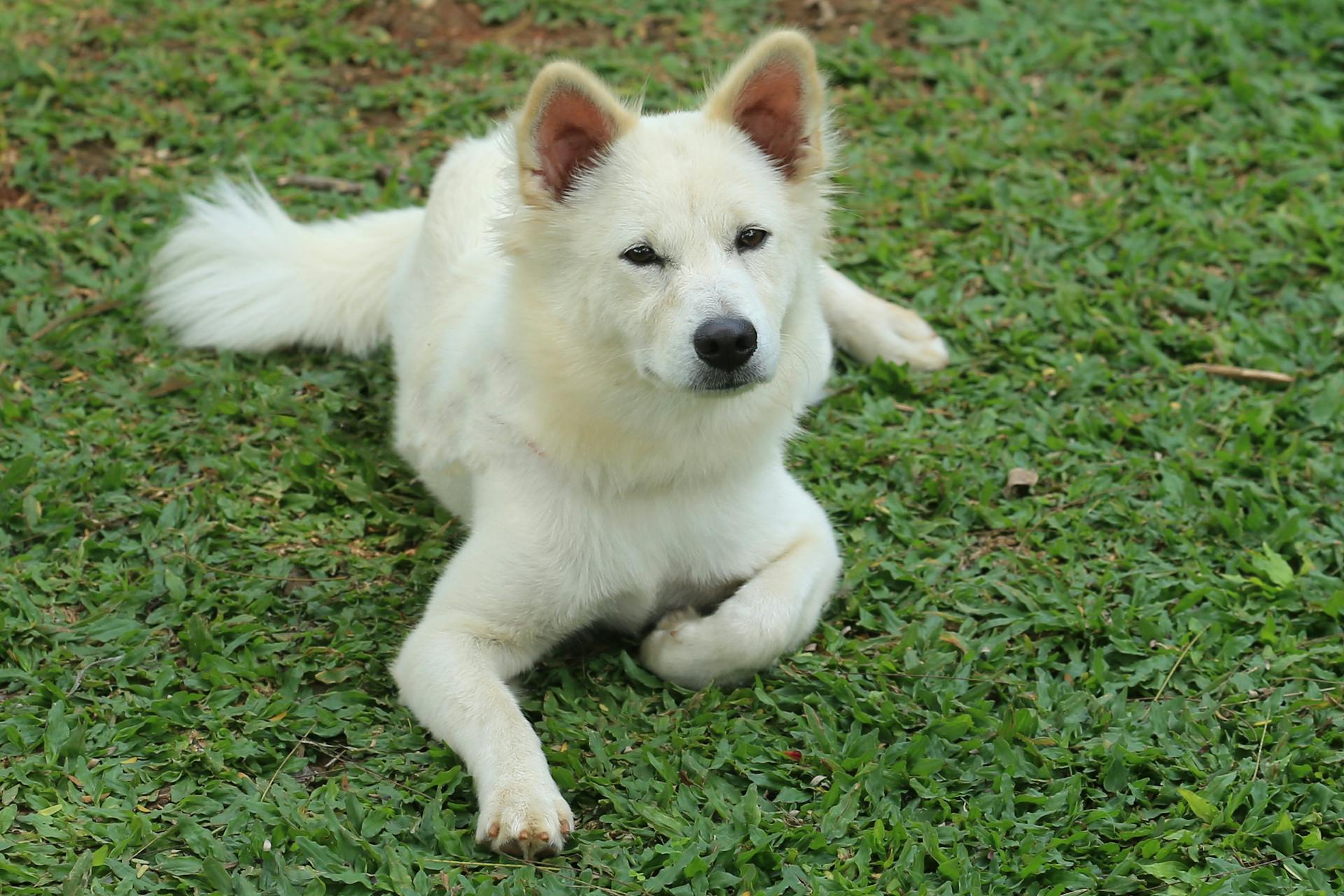
Regular maintenance can extend the life span of your device, but it's essential to note that some devices, like batteries, have a limited lifespan of around 2-3 years.
Proper storage and handling can also contribute to a longer life span, as seen in the example of storing a laptop in a cool, dry place to prevent damage.
The quality of the device itself also plays a significant role in determining its life span, with high-quality devices often lasting longer than their lower-quality counterparts.
Training
Training your Bichonaranian needs to start immediately and needs to remain consistent, especially with housebreaking and socialization.
Bichonaranians are sensitive dogs, so patience is key when training. Harsh training methods should be avoided.
Group puppy classes can be a great way to train and socialize your new puppy. This socialization is crucial for your Bichonaranian's development.
A professional dog trainer who specializes in small dogs is another option to help train your new Bichonaranian. They can provide personalized guidance and support.
Obedience training can be done with Bichonaranians, but it's essential to remember their stubbornness. Consistent and positive reinforcement is the way to go.
See what others are reading: Husky Mix Puppy
Grooming
Grooming is a crucial part of Bichonaranian care.
You'll need to brush your Bichonaranian's coat daily to prevent matting and snarls. Regular brushing helps to keep their coat looking its best.
Bathing will help reduce shedding if your Bichonaranian has a Pom-like coat. This is especially important during shedding season.
If your Bichonaranian has a Bichon-type coat, it will need to be trimmed regularly as this coat type grows like human hair.
Health Conditions
As you prepare to bring home your Bichonaranian puppy, it's essential to consider the potential health concerns that may arise. Both Bichon Frise and Pomeranian breeds are known for being relatively healthy, but like any dog, they can be prone to certain conditions.
Alopecia X is a condition that can cause hair loss in Bichonaranian puppies. It's a serious concern, but not the only one to be aware of.
Patellar Luxation is a common issue in both Pomeranians and Bichonaranian puppies, where the kneecap slips out of place. This can cause discomfort and pain for your furry friend.
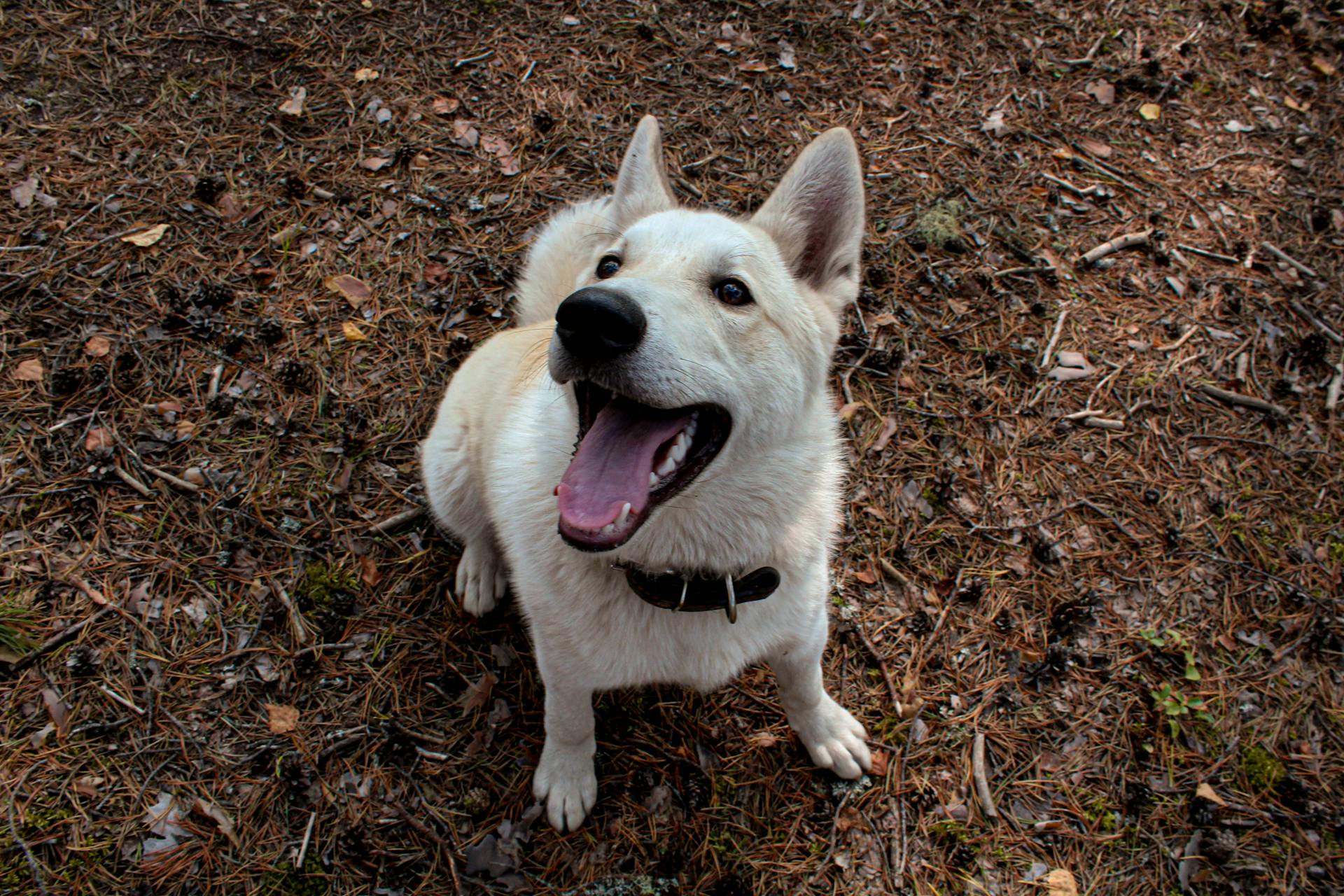
Bichonaranian puppies may also be prone to dental problems, which can lead to bad breath, tooth decay, and gum disease. Regular brushing and dental check-ups can help prevent these issues.
Eye/Vision Problems can also affect Bichonaranian puppies, so it's crucial to monitor their eyes and schedule regular check-ups with a veterinarian.
Here are some common health issues to look out for in your Bichonaranian puppy:
- Alopecia X
- Patellar Luxation
- Dental Problems
- Eye/Vision Problems
While these conditions can be a concern, many Bichonaranian puppies live long, healthy lives with proper care and attention.
Food & Diet
When caring for a Bichon Pomeranian mix, it's essential to consider their food and diet requirements. Bichonaranians are prone to obesity and weight gain, so feeding them a high-quality diet is crucial.
Bichonaranians can thrive on either dry kibble or canned food, but both have their advantages and disadvantages. Wet food is easier to eat and has higher levels of protein.
To prevent plaque from building on their teeth and gumlines, dry kibble is a great option. Your veterinarian can help you determine the best diet for your puppy's specific needs.
You might enjoy: Pomeranian Dog Diet
Temperament and Compatibility
Bichonaranians are happy-go-lucky dogs that thrive on companionship. They love to be around people and can make excellent pets for seniors and families with older children.
Their affectionate and sensitive nature means they're best suited for households with gentle interactions. Bichonaranians are intelligent and do well with obedience training, but may require patience due to their potential stubborn streak.
Bichonaranians generally get along well with other pets, especially if socialized from an early age. However, they may exhibit chasing behavior with smaller animals or food aggression with other dogs, so it's essential to introduce them to other pets slowly.
Temperament & Intelligence
Bichonaranians love companionship above all else, as they inherit the affectionate and sensitive side from their Bichon Frise parents.
They're bred for companionship, making them excellent dogs for seniors and dog owners living in apartments. Bichons are quite intelligent and do well with obedience.
Bichonaranians have the potential to be truly happy dogs, as long as their attention and exercise needs are met. This means they require daily interaction and regular breaks for exercise.
Both Bichon Frise and Pomeranian parents are intelligent breeds, so your Bichonaranian puppy will do well with obedience training. However, they may have some trouble with training due to their stubborn streaks.
With proper care and attention, Bichonaranians can thrive in a variety of living situations, including those with older children who know how to handle them with care.
Related reading: Pomeranian Dog Care
Compatibility with Other Pets
Bichonaranians do well with other dogs and pets, as long as they're socialized right away.
Socialization is key to preventing scuffles from happening, so be sure to introduce your new Bichonaranian puppy to your other household pets slowly.
There might be some chasing with smaller animals, so it's essential to supervise interactions closely.
Possible food aggression with other dogs is also a concern, but with proper training and management, it can be overcome.
By following these simple steps, you can help your Bichonaranian adapt easily to an established household.
Generation and History
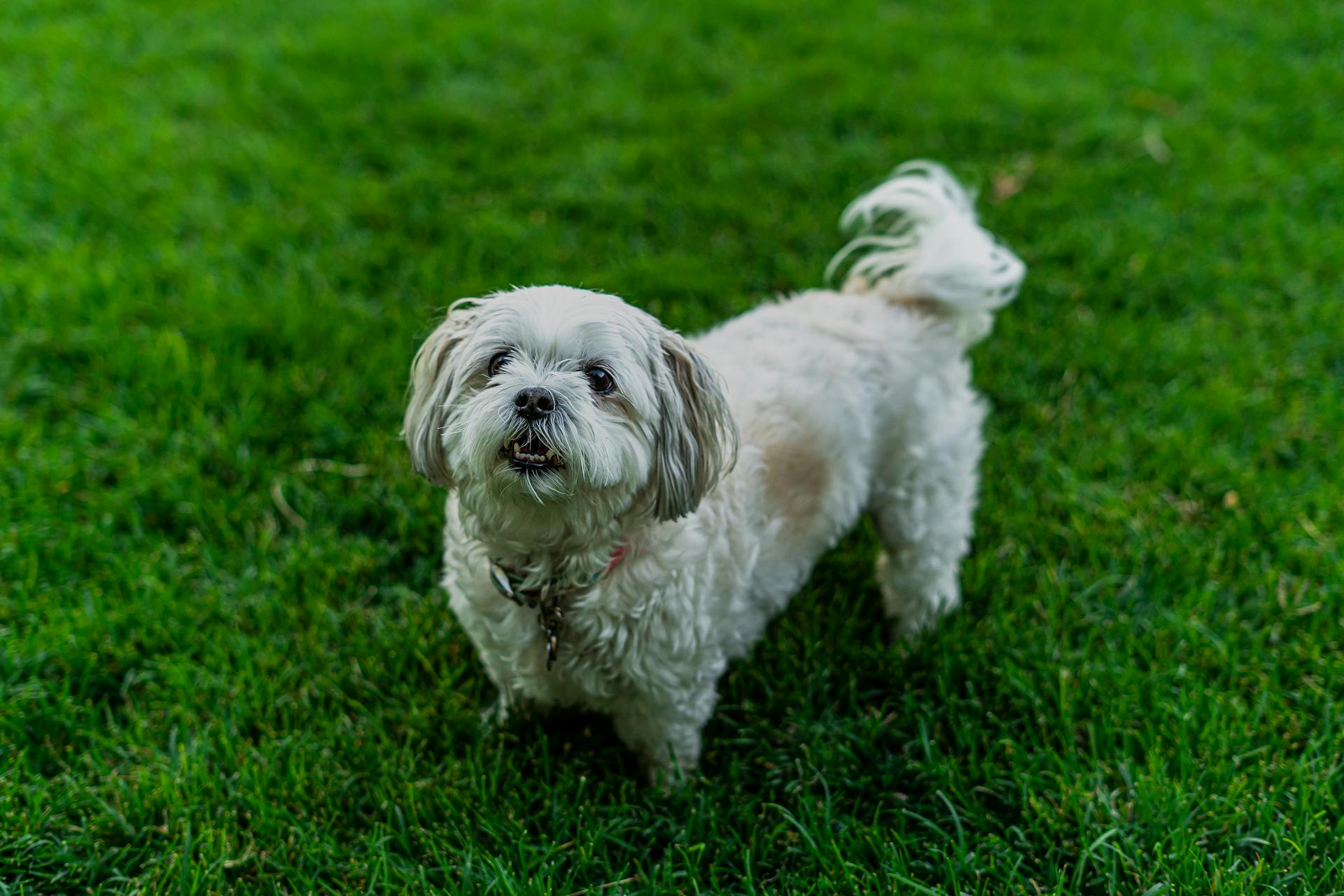
The Bichon Pomeranian mix dog has a rich history that dates back to the 19th century. The Bichon Frise, one of its parent breeds, originated in the Mediterranean region, while the Pomeranian, the other parent breed, originated in Pomerania, a region in Central Europe.
This mix of breeds has been around for over a century, with the first recorded mention of a Bichon Pomeranian mix in the late 1800s. The breed became popular in the early 20th century, particularly in Europe and North America.
The Bichon Pomeranian mix dog is a result of careful breeding between the Bichon Frise and the Pomeranian, with the goal of creating a small, playful, and affectionate companion dog.
Expand your knowledge: Corgis Mixed with Other Breeds
General Information
The Bichon Pomeranian mix dog is a hybrid breed that typically weighs between 7-12 pounds and stands 6-10 inches tall.
These small dogs require regular grooming to prevent matting and tangling of their fur, which can be a challenge for some owners.
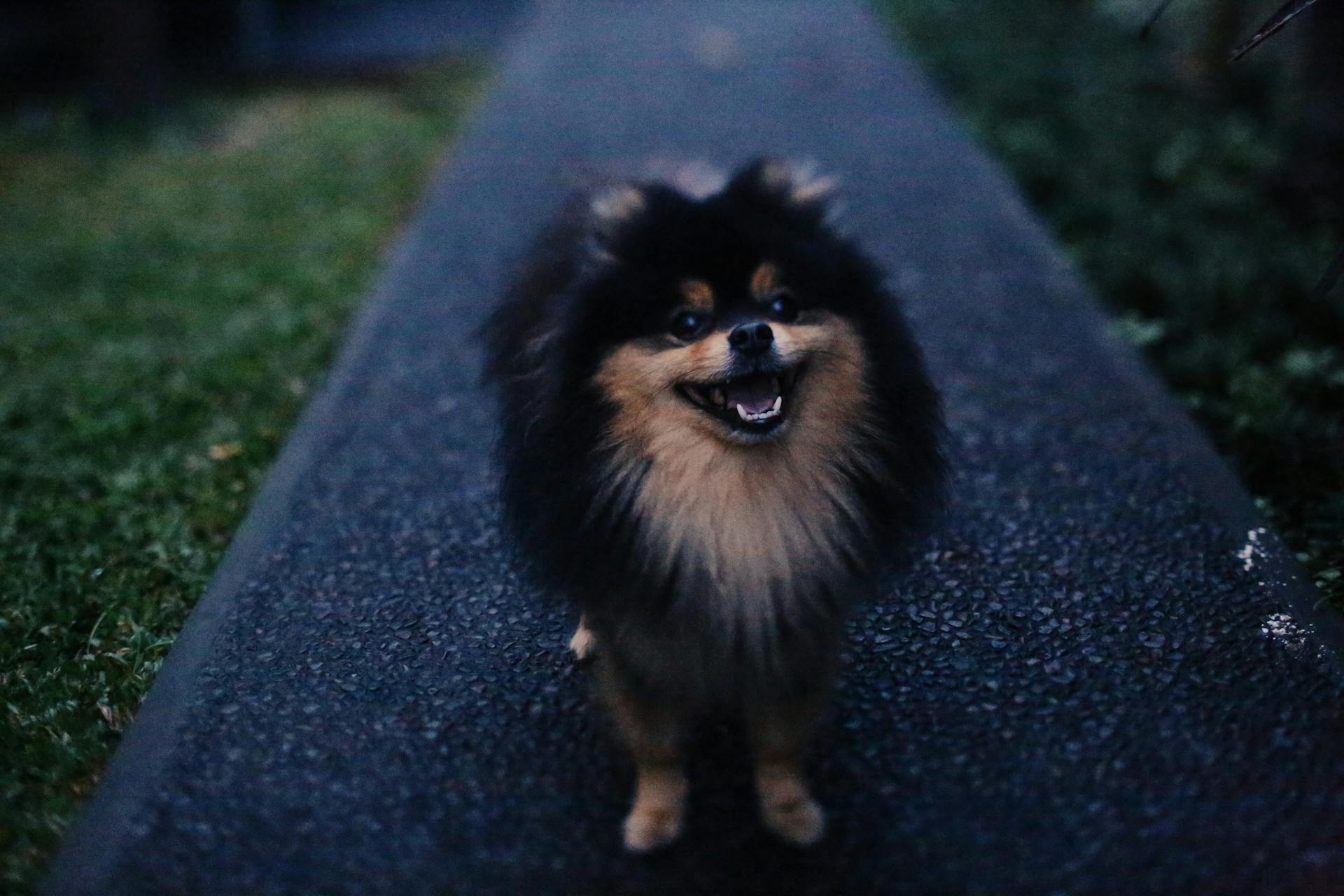
Their low-shedding coat is a result of their Bichon Frise parent, who is known for their hypoallergenic properties.
They are generally friendly and outgoing, but may require early socialization to help them become confident in new situations.
Their small size makes them a great companion for apartment dwellers or those with limited space.
Their playful and energetic nature means they require regular exercise to stay happy and healthy.
As with any hybrid breed, their lifespan can vary, but on average, they can live for 12-15 years with proper care.
Frequently Asked Questions
Are pomchis good family dogs?
Yes, Pomchis make great family dogs due to their affectionate nature and love for spending time with their families. However, they may require some socialization to help them feel comfortable around strangers.
What is the best mix with a Bichon Frise?
For a small, adaptable companion, consider a Bichon-A-Ranian mix, a cross between a Bichon Frise and a Pomeranian. This mix is perfect for those seeking a low-maintenance, cuddly dog.
What is a Bichon Frise and poodle mix called?
A Bichon Frise and poodle mix is commonly known as a Poochon or Bichpoo. This adorable hybrid is a low-shedding companion with a variety of colors to choose from.
Featured Images: pexels.com
